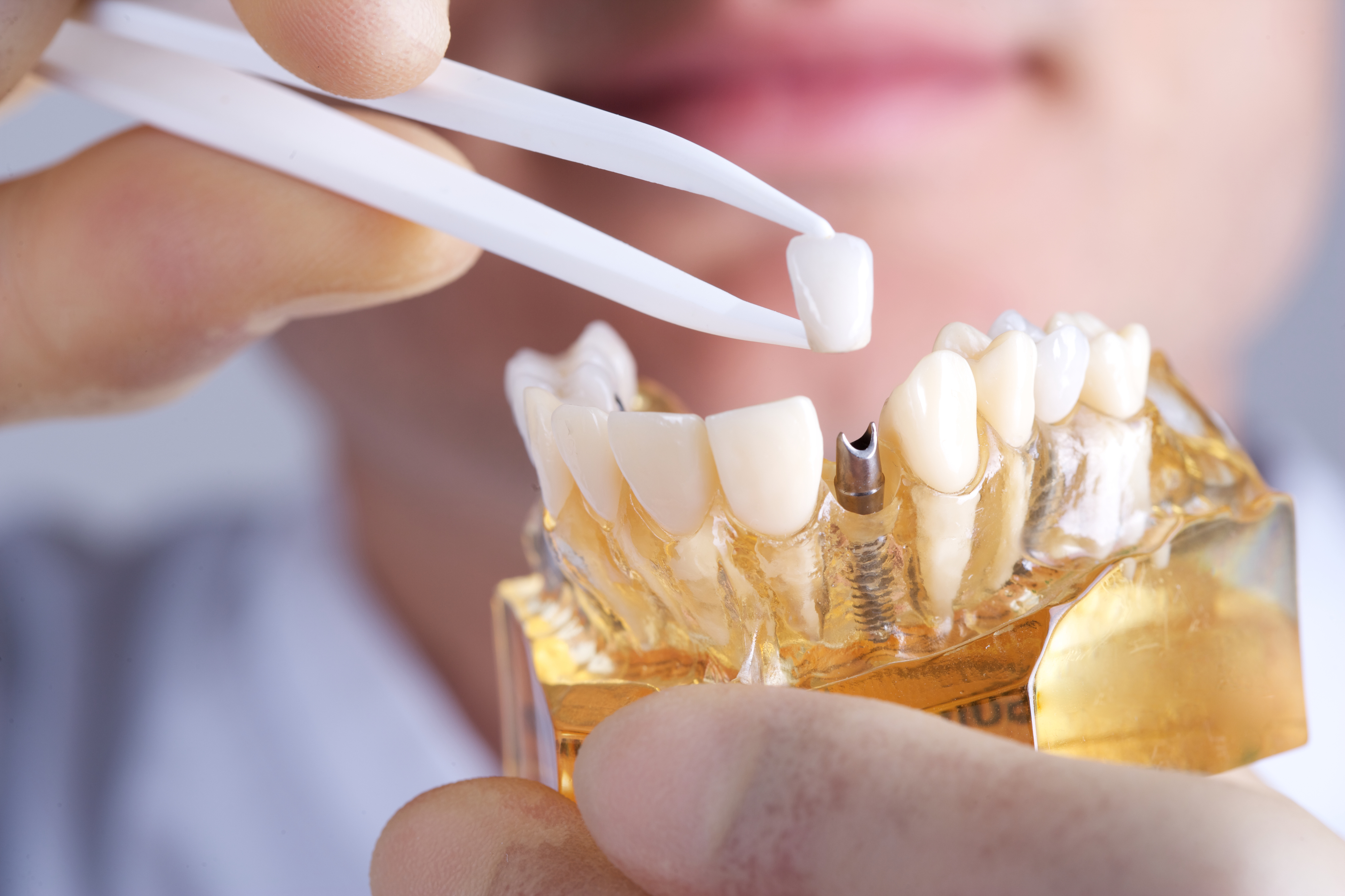Modern and sophisticated dental implants near you offer permanent solutions to missing and damaged teeth. But there’s a catch. As sophisticated as those implants are, maintaining them properly to ensure their lifespan and your health relies on some old-school factors — you and your commitment to oral hygiene.
Simply by neglecting your oral hygiene habits and ignoring the importance of maintaining those dental implants, you can toss away all the gains you made by investing in those implants in the first place. Worse yet, you can even expose yourself to a serious infection that can destroy bone tissue and require the removal of those implants that should have lasted a lifetime.
Here is everything you need about maintaining dental implants to preserve their lifespan and protect your health.
How to Maintain Dental Implants in Waterloo Properly?
When considering how to maintain your dental implants in Waterloo, think of them as natural teeth roots and teeth that need the same attention that your natural teeth require to stay healthy. There are six elements to consider when maintaining your implants to avoid the health risks of neglect.
Brush your implant like natural teeth using a soft-bristled toothbrush and brush slowly and gently. For how long? Don’t spend less than two minutes brushing your teeth. When brushing, use a low abrasive and tartar control toothpaste.
Floss between every tooth and between each tooth and your gums. Flossing is no less important when you have implants than having all your teeth roots and no artificial restorations. The technique for flossing around dental implants near you is a bit different than with natural teeth, but it’s one the staff at our dentist in Waterloo can teach you in no time.
Don’t rely on brushing and flossing to remove all food particles and bacteria, but use antimicrobial mouthwash or, better yet, combine the use of mouthwash with using a water pick to rinse all your teeth, gums, and restorations in every part of your mouth — even in areas hard to reach with a brush or floss.
Do you want to — dare to? — see how well you’re eliminating plaque buildup in your mouth? You can do that by chewing plaque-disclosing tablets that stain the plaque on and around your teeth, which will guide your extra attention. Plaque-disclosing tablets can be purchased at most pharmacies.
What can happen if you neglect your implants?
Peri-Implant Diseases
Neglecting your dental implants leads to similar problems as neglecting your oral health generally — the accumulation of bacteria near and on your gums. That accumulation of bacteria around the gum tissues adjacent to your implants can produce peri-implant diseases. Peri-implant diseases come in two broad categories: peri-implant mucositis and peri-implantitis.
Peri-Implant Mucositis
Peri-implant mucositis is the earliest and less serious form of peri-implant disease, where the soft gum tissues around your implant become inflamed. If caught early, peri-implant mucositis can be treated and reversed before it causes bone deterioration.
The symptoms of peri-implant mucositis vary but are generally comparable to gingivitis — red and inflamed gums around your implant and tenderness and bleeding during flossing and brushing.
Peri-Implantitis
Peri-implant mucositis that is not prevented or successfully treated advances to become peri-implantitis, which consists of inflammation of the gum’s soft tissues and deterioration of the bone that holds your implant. Successfully treating peri-implantitis typically requires surgery and the removal of your implant.
Possible symptoms of this serious condition are the presence of pus and a bad taste in your mouth, swollen and red gum tissue, bleeding during brushing or prodding, tenderness and a dull ache, and swollen lymph nodes due to the presence of infection.
Maintaining your dental implants is simple and essential. Our dentist in Waterloo will carefully inspect the condition of your gums and implants at every checkup. If you ever experience any of the symptoms of peri-implant diseases between checkups, contact our dentist near you immediately so they can quickly halt any infection and save your implant.

